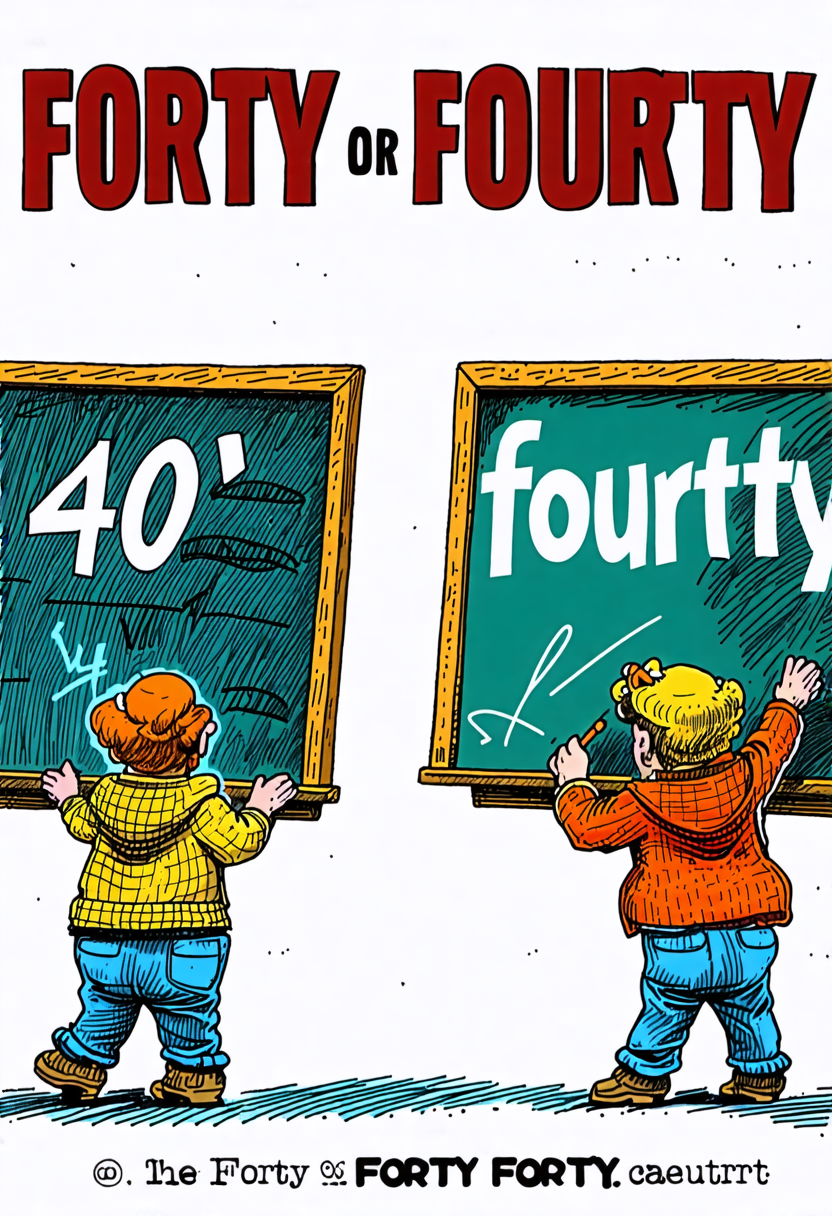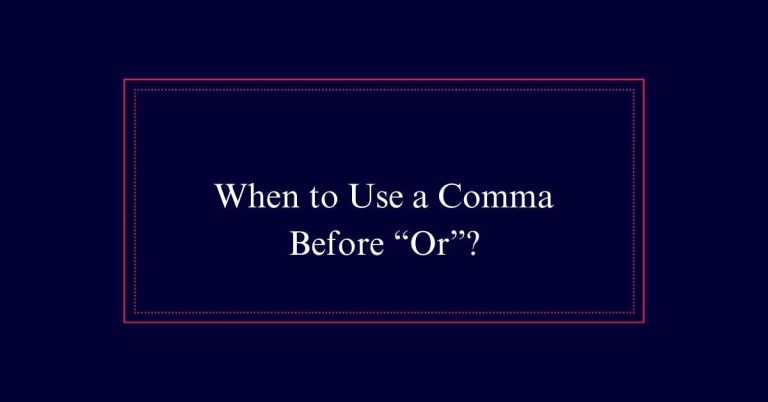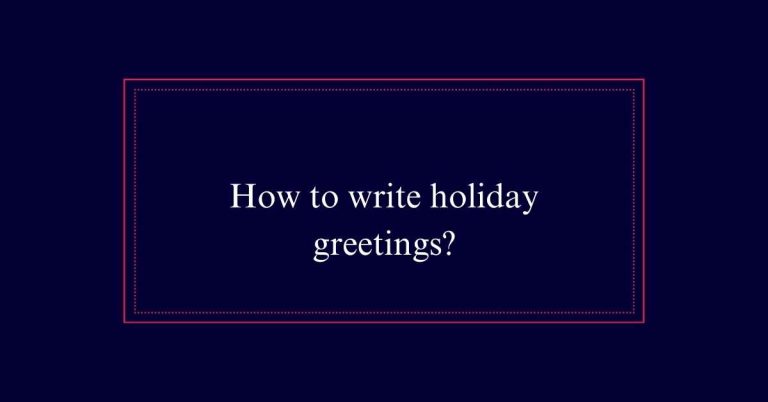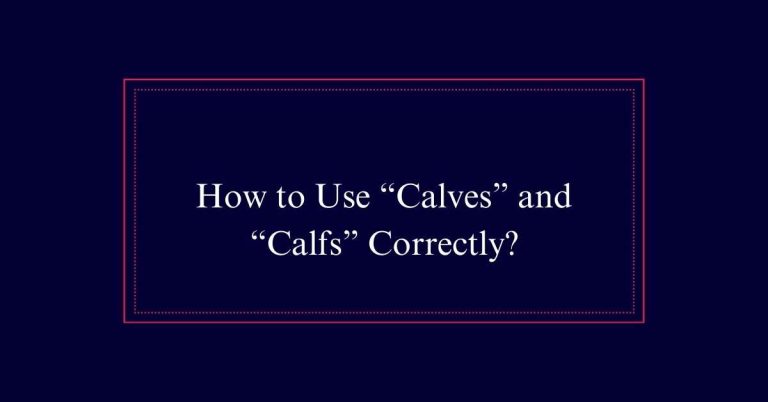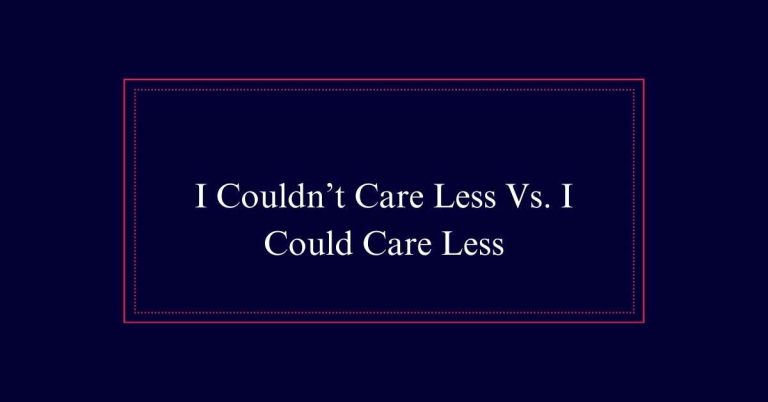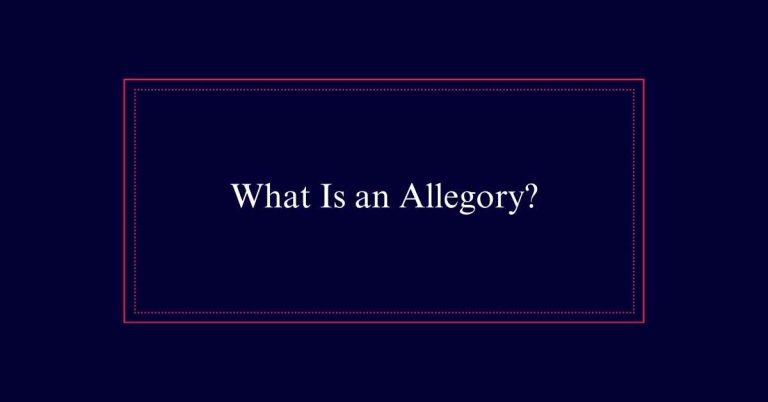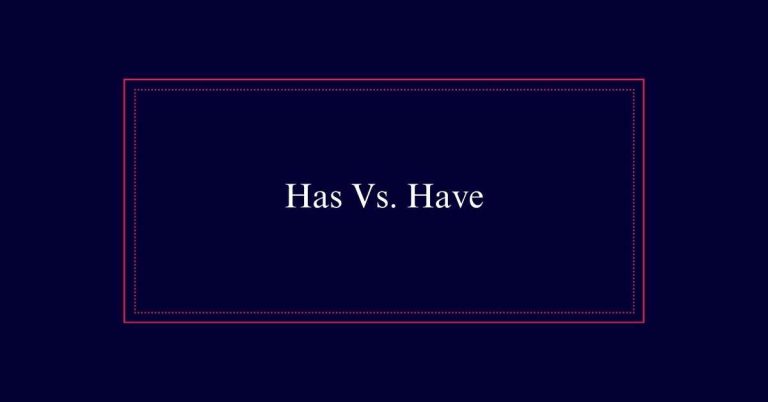Forty or Fourty?
The correct spelling of the number 40 is “forty,” not “fourty.” Many people mistakenly add a ‘u’ due to the pattern seen in “fourteen,” but this is incorrect. The deviation in spelling is unique to this number. Historically, variations like “fourty” existed, but modern standard usage requires “forty” for clarity and correctness. This applies to both the base number and its ordinal form, “fortieth.”
Correct Spelling: ‘Forty’
The correct spelling of the number 40 is ‘forty.’ Despite common errors, ‘fourty’ is incorrect.
The accepted spelling, ‘forty,’ can be tricky because it deviates from the pattern seen in numbers like fourteen. Unlike ‘fourteen,’ which includes the ‘u,’ ‘forty’ omits this letter. This unique spelling can cause confusion, leading to frequent mistakes.
Additionally, in compound numbers such as ‘forty-one,’ the same rule applies. The ordinal form, ‘fortieth,’ follows this pattern as well.
Why ‘Fourty’ Is Incorrect
Many people mistakenly spell the number 40 as ‘fourty,’ but this is incorrect. The correct spelling is ‘forty.’
The error stems from the logical, yet misleading, pattern of numbers like ‘fourteen.’ Despite this, ‘forty’ deviates from this pattern.
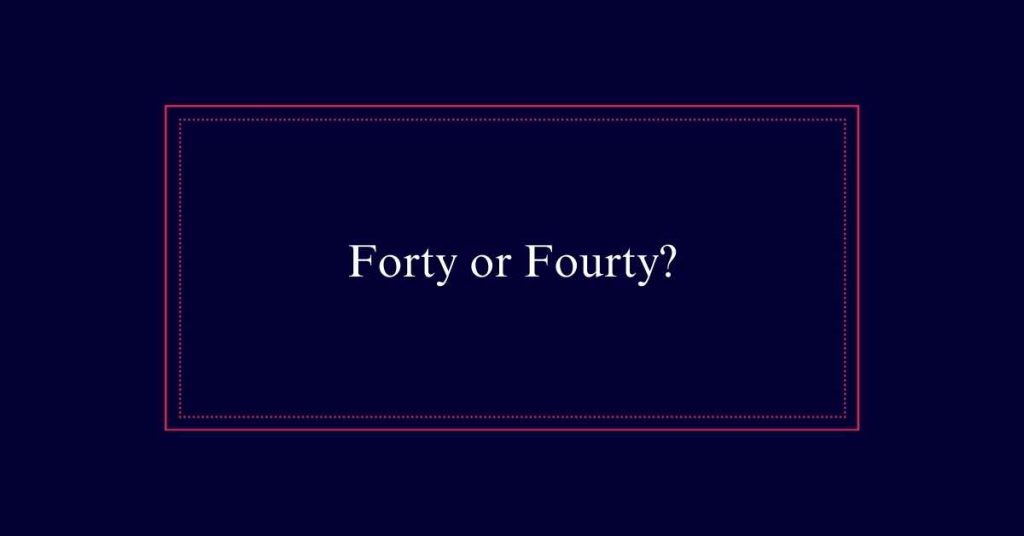
Historically, ‘fourty’ may have been more common, but it is now considered a mistake. The accepted form is ‘forty.’ This maintains consistency in written English.
The unique spelling of ‘forty’ can be confusing, but it is important to remember that it does not include a ‘u.’ Understanding this helps uphold proper usage, especially in formal writing.
Always use ‘forty’ to avoid common spelling errors and ensure clarity in communication.
Spelling Challenges With ‘Forty’
Understanding why ‘fourty’ is incorrect leads us to recognize the common spelling challenges associated with ‘forty’.
The primary challenge is that ‘forty’ deviates from the expected pattern seen in other numbers like ‘fourteen’. This deviation can easily confuse individuals, leading to the frequent mistake of spelling it as ‘fourty’.
Additionally, in compound numbers, ‘forty’ can be tricky to spell correctly, further complicating its usage. The ordinal form, ‘fortieth’, also follows this unique pattern, which can be difficult to remember.
Historical Spelling of ‘Forty’
Tracing the historical spelling of ‘forty’ reveals its evolution from Old English, where it combined terms for four and a group of ten. In Old English, the term was ‘feowertig,’ derived from ‘feower’ (four) and ‘tig’ (a group of ten).
Over time, the spelling underwent changes, reflecting shifts in pronunciation and orthographic conventions. By the Middle English period, it had transformed into ‘fourty.’ However, the modern spelling, ‘forty,’ emerged in the 16th century.
Common Misspellings on the Internet
Despite the historical evolution of the spelling, ‘fourty’ remains a prevalent misspelling on the internet. This error can be found in social media posts, blogs, and even in some educational content.
The confusion likely stems from the word’s phonetic similarity to ‘four’ and the pattern of other numbers like ‘fourteen.’ Many people assume ‘fourty’ follows the same logic. However, the correct spelling is ‘forty.’
To avoid this common mistake, it is essential to remember that ‘forty’ drops the ‘u’ found in ‘four.’ Spell-check tools and educational resources can assist in reinforcing the correct spelling.
Origin and Etymology of ‘Forty’
The word ‘forty’ originated from Old English, combining terms that represent four and a group of ten. It derives from the Old English words ‘feowertig,’ which means ‘four tens.’
Over time, the spelling evolved, reflecting changes in pronunciation and linguistic norms. The modern spelling of ‘forty’ appeared in common expressions, such as ‘forty winks’ in 1821, referring to a short nap.
The term ‘forty-niners’ emerged later, describing gold prospectors from the 1849 California Gold Rush. These historical uses highlight the word’s adaptation and integration into English.
Understanding its etymology helps clarify why ‘forty’ is spelled differently from ‘four’ or ‘fourteen,’ tracing back to its Old English roots.
Unique Spelling of ‘Forty’
In English, the number 40 is uniquely spelled as ‘forty,’ which deviates from the pattern found in other numbers. Unlike numbers such as fourteen or fourteen, ‘forty’ omits the ‘u’ that appears in ‘four.’ This deviation makes ‘forty’ stand out and can be a source of confusion.
The correct spelling avoids the ‘u,’ simplifying the word to ‘forty.’ This unique spelling is not intuitive and often leads to the common mistake of writing ‘fourty.’ Remembering this exception is essential for accurate spelling.
Spelling Patterns and Exceptions
Spelling patterns in English often follow predictable rules, but ‘forty’ is an exception that defies these conventions. Typically, numbers are spelled in ways that align with their root words. For example, ‘fourteen’ retains the ‘u’ from ‘four.’ However, ‘forty’ does not follow this pattern, omitting the ‘u’ entirely. This deviation can create confusion, leading to the common misspelling ‘fourty.’
The inconsistency in ‘forty’ is significant and stands apart from other numerical terms. It is important to recognize that while other numbers like ‘fourteen’ and ‘fourth’ keep the ‘u,’ ‘forty’ does not. Understanding this anomaly helps in correctly spelling ‘forty’ and avoiding common mistakes.
The key is to remember that ‘forty’ uniquely lacks the ‘u.’
Tips to Remember ‘Forty’
Why is it so difficult to remember the correct spelling of ‘forty’?
The challenge arises because ‘forty’ deviates from the pattern of other numbers like ‘fourteen.’ To help remember, note that ‘forty’ drops the ‘u’ found in ‘four.’ Visual aids can be helpful: imagine the word ‘forty’ without a ‘u’ as a fort without a moat.
Another tip is to link ‘forty’ with ‘fortieth,’ both lacking the ‘u.’ Repetition also reinforces memory. Write ‘forty’ several times, focusing on its unique spelling.
Avoiding Common Spelling Errors
Building on the strategies to remember the correct spelling of ‘forty,’ it’s also important to address how to avoid common spelling errors.
First, always double-check your work, especially when writing numbers. Use spell-check tools but also manually verify since they might miss context-specific errors.
Practice writing ‘forty’ frequently to build muscle memory. Create mnemonic devices, such as linking ‘forty’ with ‘fort’ to remember the absence of ‘u.’
Avoid relying on phonetic spelling, as English often deviates from pronunciation rules.
Lastly, compare ‘forty’ with other numbers to highlight its unique spelling.
